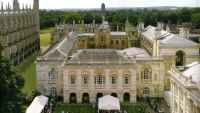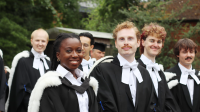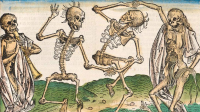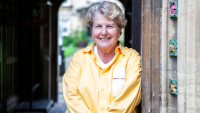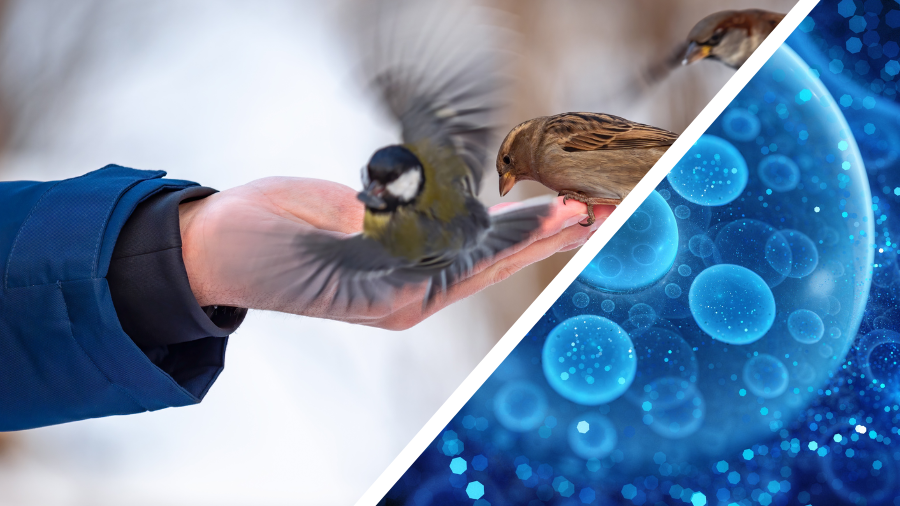
Overview
My talk introduces the pluriverse, a “post-development” challenge of universalism in favour of a multiplicity of contingent, commensurate worlds. According to ethicist Kimberly Hutchings, the pluriverse is grounded on two major theses: 1.Western theory and practice rely upon a Euromodern ontology or way of being that depends upon separation between nature and culture, a tendency to see such separation in hierarchies, and a linear conception of time; 2. This ontology’s claim to universality is false. In practice, the pluriverse has been used in environmental justice contexts to advance “Rights of Nature” and generally revalues nature in response to colonialism and extractive capitalism.
In this talk, I examine the pluriverse in relationship to storytelling amidst ecological collapse. I propose that writing fiction is both an act of bearing witness and of creating reality; indeed, creating reality is fundamentally an act of storytelling, vis a vis the narratives we believe and act upon, and the stories we use to describe being in the world (stories we tell according to our view of the world). I then explore how the radical, "post-development" framework of the pluriverse informs the way we tell and consume fiction in the 21st century, and to what ends. The kinds of stories that may offer humans hope and justice, and help us navigate ecological collapse, may have less to do with “realistic” and sobering/cautionary apocalyptic and dystopian fictional worlds than with a view of the world that the pluriverse helps describe: one that emphasizes profound relationality (as is fundamental among many Indigenous and in Zen Buddhist worldviews, for example), and that does not presuppose a single Euromodern ontology, but instead understands reality as constituted by many worlds, kinds of worlds, ontologies, ways of being, ways of knowing, and ways of experiencing these worlds.
Speaker
Dr Bonnie Nadzam is an American writer and Zen Buddhist priest. Her poetry, essays and fiction have appeared in Harper’s, Orion Magazine, The Iowa Review, and many other journals and magazines. Her first novel, Lamb, was long-listed for the Orange Prize in the UK, recipient of the Center for Fiction’s First Novel Prize, translated into several languages and made into an award-winning film. Her second novel, Lions, was a finalist for the PEN USA Literary Award in Fiction. She is also co-author of Love in the Anthropocene with Environmental Ethicist Dale Jamieson, and is currently a Research Fellow in with the Harvard Animal Law and Policy Program and Visiting Professor in Ethical Inquiry at Carleton College.
Details
This is a hybrid event, which will take place in-person in the Gatsby Room (Chancellor's Centre) and also on Zoom.
If you would like to attend online, please register for the Zoom link.
For the in-person audience, drinks and snacks will be available after the talk.
The Humanities Society organises regular talks spanning a wide range of topics. Every Tuesday during term time.
